Get Well And Septic Inspection in Pueblo, CO
Well and septic inspection services in Pueblo, CO help property owners identify issues with septic systems and wells, ensuring safe, functional setups for homes and businesses.
Property owners in Pueblo, CO, who are planning to buy, sell, or update a property often find that well and septic inspections are an important step in ensuring the property’s systems are functioning properly. Conducting these inspections can help identify potential issues early, providing peace of mind and supporting informed decision-making. Whether preparing for a real estate transaction or planning renovations, understanding the condition of a property’s well and septic systems is a practical move for those looking to protect their investment.
For those exploring options for well and septic inspection services, it’s helpful to compare local contractors experienced in servicing properties in the Pueblo area. Many qualified service providers can handle these inspections efficiently, offering detailed assessments that help property owners plan their next steps. Continuing to read can provide insights into how to find trusted local experts who can assist with your specific needs.
- Well Inspection - needed when buying or selling a home to ensure the well system is functioning properly.
- Septic Inspection - essential before purchasing a property with a septic system to identify potential issues.
- Drain Field Evaluation - recommended if experiencing slow drains or odors in neighborhoods around Pueblo, CO.
- Tank Pumping and Maintenance - required for ongoing septic system health and to prevent backups or failures.
- Leak Detection Services - useful when noticing unexplained increases in water bills or soggy areas near septic systems.
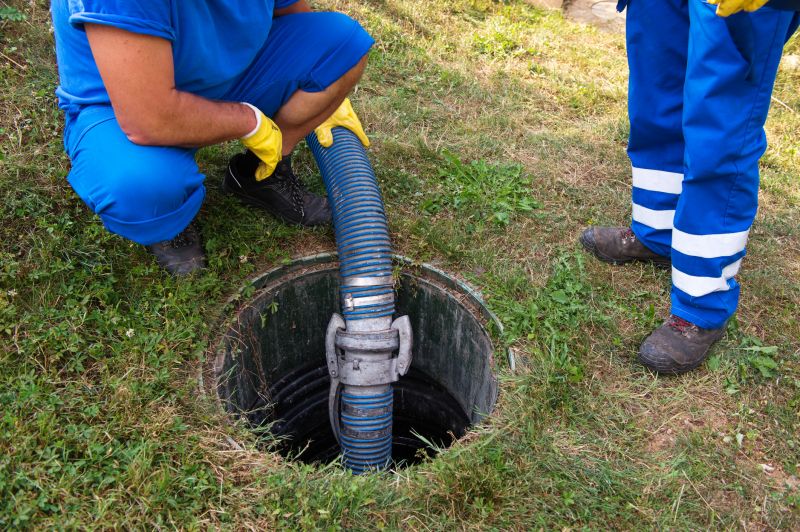
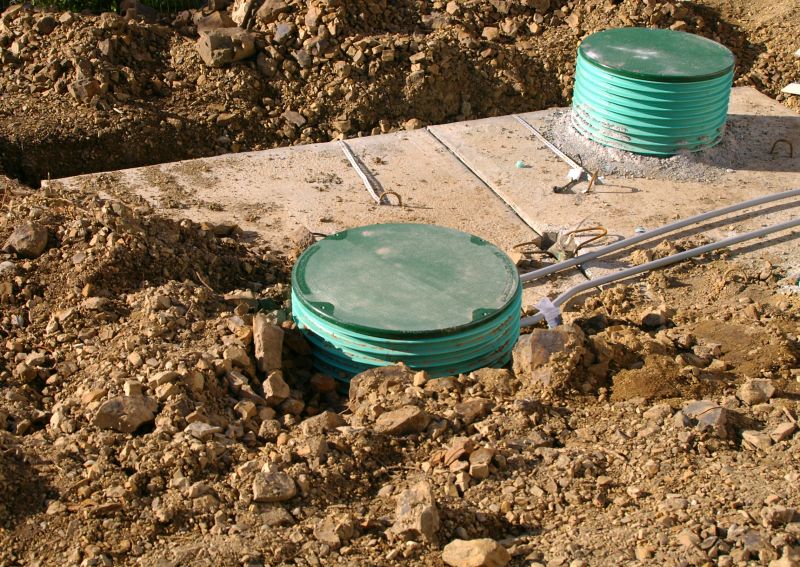
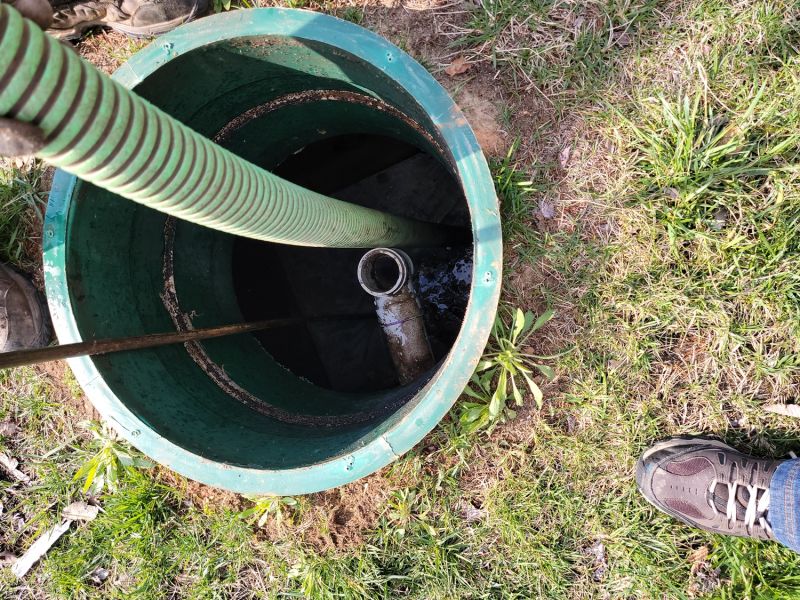
Well and septic inspection services involve a thorough assessment of a property's water and waste management systems. These inspections typically include evaluating the condition of septic tanks, drain fields, and associated plumbing components. Service providers use specialized tools and techniques to check for issues such as leaks, blockages, corrosion, or signs of system failure. Conducting these inspections helps homeowners understand the current state of their systems and identify potential problems before they develop into costly repairs or health hazards.
This type of inspection is essential for diagnosing issues that can affect the functionality and safety of water and waste systems. Common problems addressed during these inspections include sewage backups, foul odors, slow drains, and standing water near septic fields. Identifying these issues early can prevent more serious damage, reduce the risk of contamination, and ensure compliance with local health regulations. Well and septic inspections also provide valuable information for those purchasing or selling a property, helping to verify that the systems are functioning properly and are up to code.
Properties that typically require well and septic inspections include rural homes, properties with private water sources, and older residences that may have outdated or deteriorating systems. These inspections are often recommended during real estate transactions, property renovations, or before new construction begins. Homeowners with existing systems might also opt for inspections periodically to catch potential problems early. Whether it's a small ranch, a countryside retreat, or a suburban home with a septic system, local service providers can handle these inspections to ensure systems are operating correctly.
Understanding when to schedule a well and septic inspection can help prevent unexpected issues and ensure the safety and functionality of a property's water and waste systems. Homeowners who notice signs like persistent odors, slow drainage, or water pooling near the septic area should consider a professional assessment. These inspections are also useful for those preparing to buy or sell a property, providing peace of mind that the systems are in good condition. Connecting with experienced local contractors can make it easier to find reliable service providers who can perform comprehensive inspections tailored to specific property needs.
The overview below groups typical Well And Septic Inspection projects into broad ranges so you can see how smaller, mid-sized, and larger jobs often compare in Pueblo, CO.
In many markets, a large share of routine jobs stays in the lower and middle ranges, while only a smaller percentage of projects moves into the highest bands when the work is more complex or site conditions are harder than average.
Smaller Repairs - Routine inspections and minor repairs typically cost between $250 and $600. Many local contractors handle these projects within this range, which covers most standard service visits. Less common, larger issues can push costs higher but remain relatively infrequent.
Septic Tank Pumping - The average cost for septic tank pumping ranges from $300 to $700. Most homes require this service every 3 to 5 years, with many projects falling into the middle of this range. Larger or more complex systems may cost more but are less common.
Full System Inspection - Comprehensive septic and well inspections usually cost between $400 and $900. Routine inspections often land in the lower to mid part of this range, while extensive assessments for older or complex systems can reach higher prices.
Full Replacement - Replacing an entire septic system or well can range from $3,000 to over $10,000. Many projects fall into the $4,000-$7,000 range, with larger or more complicated installations approaching or exceeding $10,000 in some cases.
Actual totals will depend on details like access to the work area, the scope of the project, and the materials selected, so use these as general starting points rather than exact figures.
Well and Septic System Installation - professionals who install new well and septic systems often use similar planning, site assessment, and technical skills as those involved in inspection services.
Water Quality Testing Services - testing water samples for contaminants requires knowledge of water systems and safety standards, paralleling the skills needed for well inspections.
Drain Field Design and Repair - designing, repairing, or maintaining drain fields involves understanding soil conditions and system functionality, closely related to septic system inspections.
Pump and Tank Maintenance - servicing and maintaining septic tanks and well pumps involves technical skills and familiarity with system components similar to inspection processes.
Water Well Drilling and Development - drilling new wells shares planning and technical expertise with well inspection services, focusing on system integrity and functionality.
Sewer Line Inspection and Repair - inspecting and repairing sewer lines involves diagnostic skills and the use of specialized tools similar to those used in septic system evaluations.
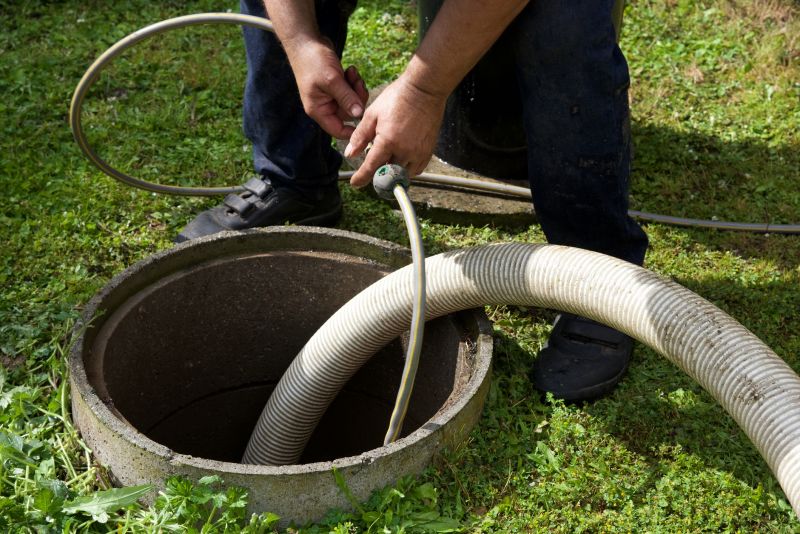
When selecting a professional for well and septic inspection services, it’s important to consider their experience with similar projects in the Pueblo area or nearby communities. An experienced service provider will have a clear understanding of local soil conditions, common system types, and regional challenges that can affect well and septic systems. This familiarity can lead to more accurate assessments and help ensure that the inspection covers all relevant aspects of the system’s condition. Homeowners should inquire about how long the contractor has been performing these types of inspections and whether they have worked on properties with similar features or issues.
Clear, written expectations are essential when comparing local contractors for well and septic inspections. A reputable service provider will outline what the inspection includes, what homeowners can expect to receive in terms of reports or documentation, and any limitations of the service. Having detailed expectations in writing helps prevent misunderstandings and provides a basis for evaluating the thoroughness of the inspection. Homeowners are encouraged to ask for sample reports or checklists to ensure that the scope of work aligns with their needs and that all critical components of the system will be evaluated.
Reputable references and effective communication are key indicators of a reliable service provider. Homeowners should seek out local contractors with positive feedback from previous clients, ideally those who have had similar inspections. Good communication involves timely responses to questions, clear explanations of findings, and a willingness to discuss any concerns. By choosing a provider known for transparency and professionalism, homeowners can feel more confident that they will receive comprehensive service and support throughout the inspection process. It’s important to remember that this site introduces homeowners to local options, not that it performs the work itself, so gathering information about each contractor’s reputation and communication approach can help make an informed decision.
Property owners in Pueblo, CO use Well And Septic Inspection services for practical projects around their homes and businesses. This guide focuses on everyday jobs and straightforward project options.
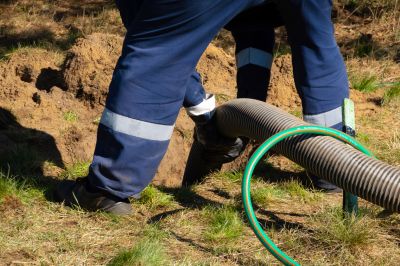
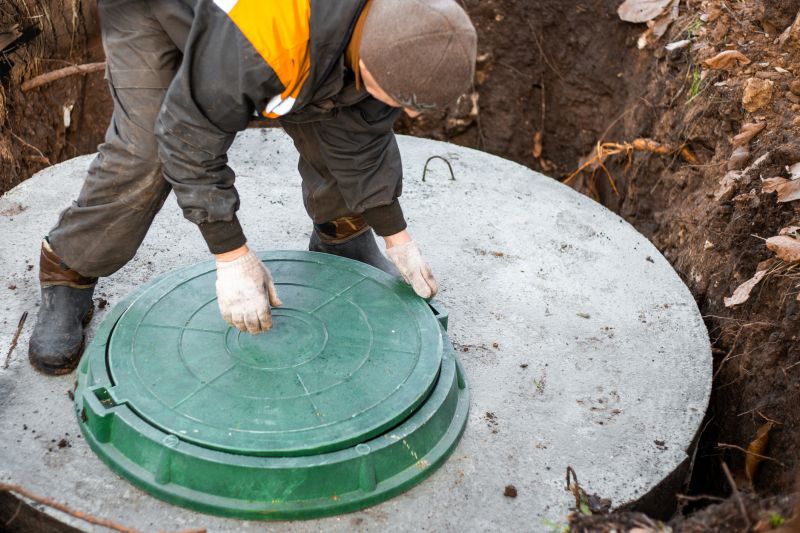
Well and septic inspection services are often needed when property owners in Pueblo, CO are considering purchasing a new home or property. These inspections help ensure that the septic system and well are functioning properly and meet safety standards, which is especially important in areas where homes rely on private water and waste systems. Additionally, homeowners may seek these services if they notice issues such as unpleasant odors, slow drains, or unexplained water usage, as these can indicate potential problems with the septic or well systems that require professional assessment.
Property owners might also look for well and septic inspections when preparing to sell a property or during routine maintenance. Regular inspections can identify early signs of system failure, helping to prevent costly repairs down the line. Local contractors who specialize in these services understand the specific needs of homes in Pueblo and surrounding areas, providing peace of mind that systems are functioning correctly and compliant with local regulations.
What is involved in a well and septic inspection? A professional inspection typically assesses the condition of the well system, including the pump, pressure tank, and water quality, as well as the septic system components like the tank, drain field, and distribution system to ensure proper operation.
Why should I consider a well and septic inspection before buying a property? An inspection helps identify potential issues with water supply and waste management systems, providing valuable information to make an informed decision about the property's condition and avoid unexpected costs later.
How do local service providers perform well and septic inspections? Local contractors usually evaluate the systems visually and functionally, checking for leaks, blockages, proper drainage, and water quality, ensuring systems meet standard operational criteria.
What signs might indicate a need for a well or septic inspection? Signs such as foul odors, slow drains, inconsistent water pressure, or unexplained water discoloration can suggest issues that warrant a professional inspection of the well and septic systems.
Can a well and septic inspection help with property transactions? Yes, having a thorough inspection can provide documentation of system conditions, which may be useful during negotiations or for future maintenance planning.
Septic System Inspection - Property owners can schedule inspections to ensure their septic systems are functioning properly before issues arise, especially when planning to sell or upgrade their property.
Well Water Testing - Homeowners can have their well water tested for safety and quality, helping to identify potential contamination or the need for filtration improvements.
Drain Field Evaluation - Residents can assess the condition of their drain fields to prevent backups and ensure proper wastewater dispersal around their property.
Preventive Maintenance Checks - Property owners can arrange routine inspections to catch minor problems early, avoiding costly repairs and maintaining system longevity.

If you are thinking about Well And Septic Inspection for a property in Pueblo, CO, this guide is meant to help you understand the work, the typical project types, and how different options might fit your plans.
When you are ready, you can use the quote form on this page to share a few details about your project. From there, local pros can review the basics and respond with options that match what you have in mind.



